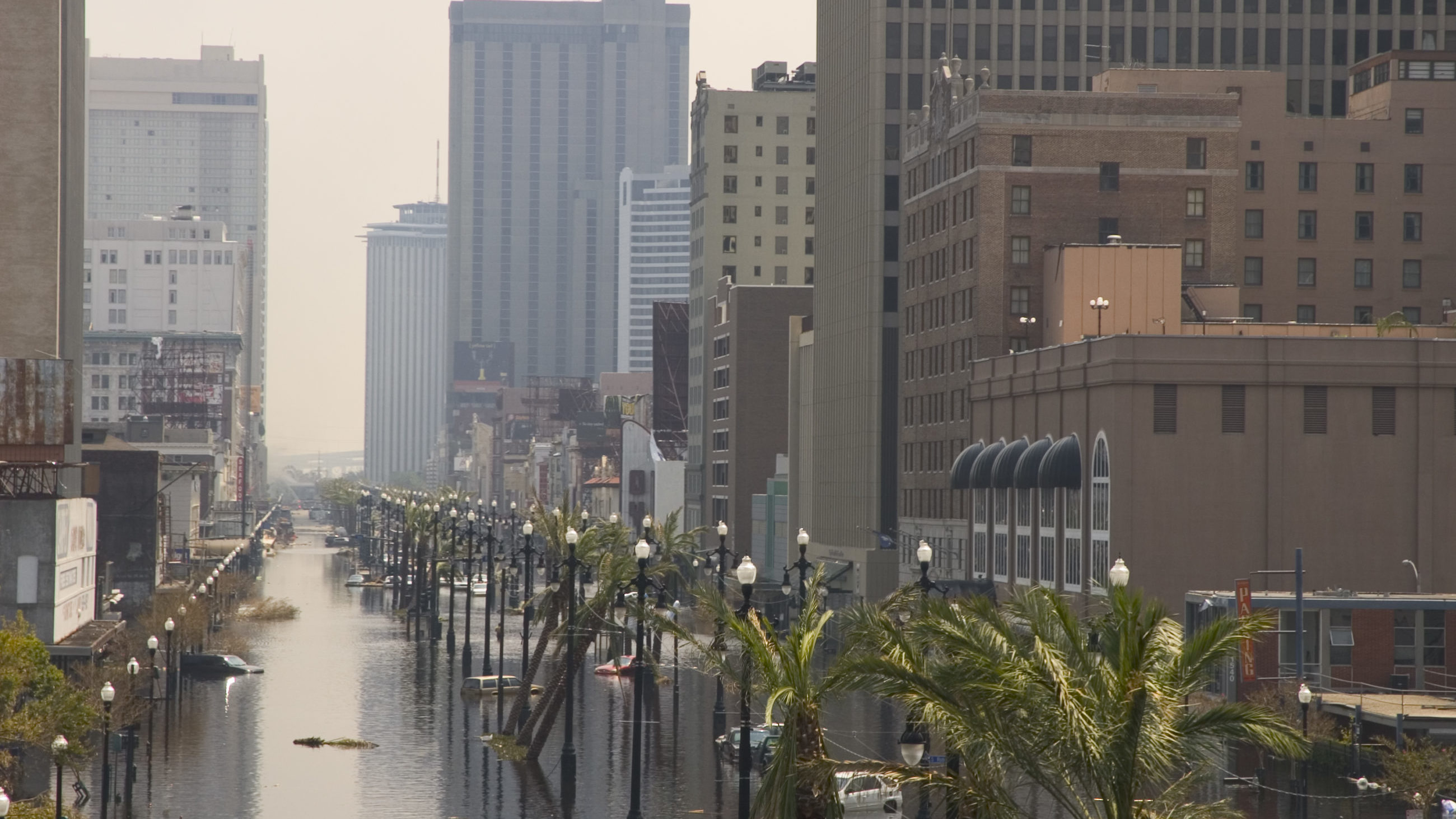Abstracts: New Orleans, Doctors in Syria, and More
• After New Orleans’ levees were breached during Hurricane Katrina, the city has been learning to develop with water in mind. (Atlantic)

Depending on what news story you read, coffee can either prevent or cause cancer. The same goes for chocolate, wine and beef. (Visual by jen/Flickr)
• Health journalism too often focuses on highlighting the latest study, without putting it into context with the larger body of research. In order to bring the best, most accurate information to readers, there are a few important steps reporters can take. (Vox)
• Last year, 185 environmental activists were murdered. It’s the highest number since such deaths started being tracked in 2002, indicating an escalation in the fight over natural areas and natural resources. (New York Times)
• Medical personnel in Syria face war, violence and government persecution. Even so, doctors have forged a secret underground network through which they can continue to teach medicine and save lives. (New Yorker)
• The FAA is working on a new set of rules that would allow the commercial use of drones under 55 pounds without special permission, opening the door to new businesses and operators who have been kept away by existing regulations. (Associated Press)
• A new bill proposed in North Carolina would make it illegal to build new wind projects within five miles of the state’s military bases. Proponents say the bill ensures the safety of military aircraft, while opponents say it will restrict further wind energy development. (The News & Observer)
• The colder a person’s body is, the slower their body’s processes are — including death. By putting patients into a state of suspended animation, doctors might be able to save lives. (Popular Science)
• Tiny machines that mimic the neural connections in our brains could lead to better super computers, automated cars and many other advances in artificial intelligence. (Scientific American)
• According to a new study, man-made pollution has reached the deepest parts of the ocean. Crustaceans living 10,000 feet below have higher concentrations of human-caused chemicals in them than many coastal animals. (Nature)
• And finally, by studying infant planets, researchers may be able to gain insight into how others, like Earth, formed. (Christian Science Monitor)










